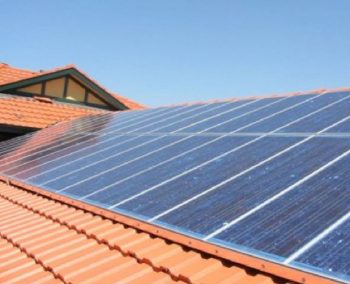 Washington state residents are about to decide if they want to enact the first tax on carbon dioxide (CO2) emissions in the U.S.
Washington state residents are about to decide if they want to enact the first tax on carbon dioxide (CO2) emissions in the U.S.
If passed, Initiative 732 (I-732) would tax CO2 emissions at $15 per metric ton starting in July 2017. This tax would quickly rise to $25 by 2018, then continued increasing at a rate of 3.5 percent plus inflation each year until it hits $100 per metric ton. This tax will be offset by a 1 percent reduction in the state sales tax and increased tax credits to low-income families.
Washington’s proposed carbon tax is supposed to be revenue neutral, but economists are torn over what the real-world effects of the tax would be. The carbon tax is modeled after British Columbia’s, which was implemented in 2008.
Supporters of the ballot measure claim it would ultimately increase state tax revenue by $240 to $350 million annually, but the state’s Office of Financial Management claims it would decrease state tax revenue by $200 million a year.
A green-think tank called the Sightline Institute claims a carbon tax would decrease revenue by $78 million a year, making it “very close to revenue neutral.”
Carbon tax supporters have out-raised their opponents by three-to-one as they are backed by many environmentalists including actor Leonardo DiCaprio.
What’s odd about Washington’s carbon tax measure is it has not been endorsed by national environmental groups, like 350.org, the Union of Concerned Scientists, and the Sierra Club. In fact, some environmentalists have come out against the tax.
















